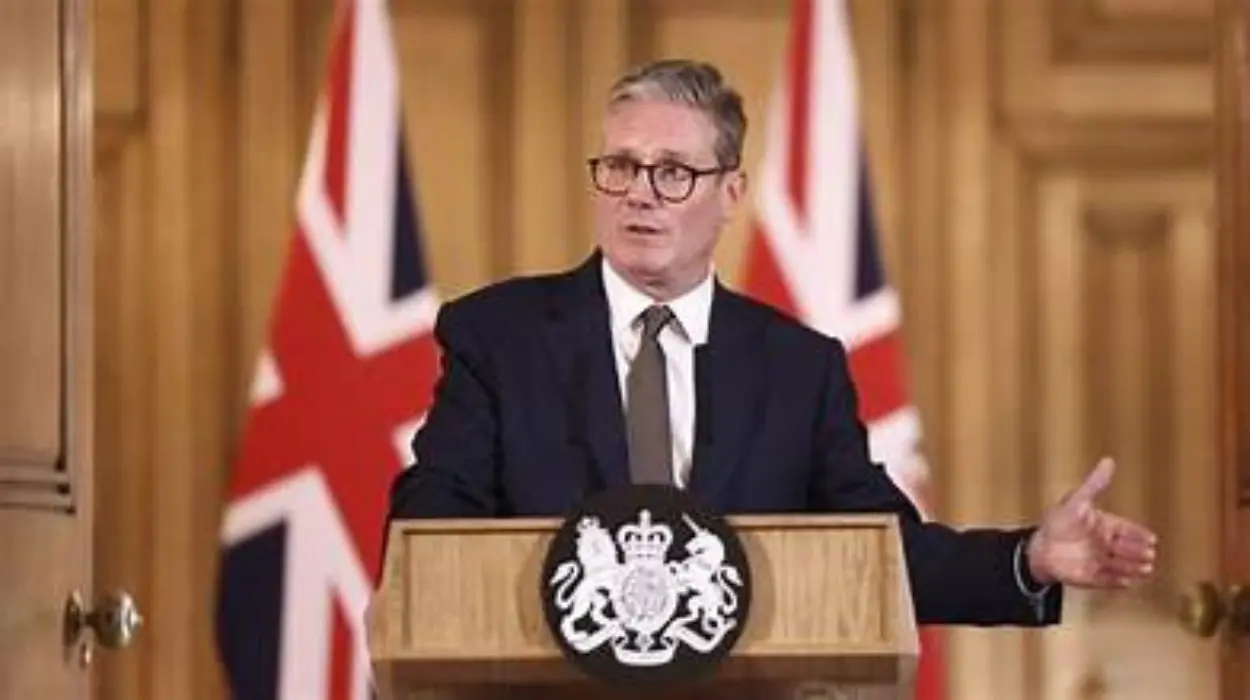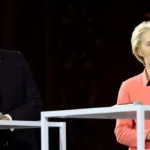
Starmer Confirms U-Turn on Winter Fuel Payment Cuts but Timing Remains Unclear
The UK government, led by Prime Minister Sir Keir Starmer, has confirmed a significant policy reversal on the controversial cuts to winter fuel payments for pensioners. After facing mounting pressure from within his party and the public, Starmer announced plans to reassess eligibility criteria, aiming to restore payments to millions of pensioners who lost out following last year’s restrictions. However, details on the timeline and scale of this reversal remain pending a forthcoming fiscal event.
Background: Winter Fuel Payment Cuts and Impact
The winter fuel payment is an annual, tax-free lump sum designed to help pensioners with heating costs during the colder months. Traditionally, pensioners under 80 receive £200, while those over 80 get £300, typically paid in November or December.
In July 2024, the government tightened eligibility rules, limiting payments to pensioners receiving pension credit or other income-related benefits. This change excluded approximately 9 to 10 million pensioners who had previously qualified, reducing the number of beneficiaries from about 11.4 million to just 1.5 million. The policy aimed to save around £1.4 to £1.5 billion annually but sparked widespread criticism for its impact on vulnerable older people struggling with rising energy bills and inflation.
Starmer’s U-Turn: What Was Announced?
During Prime Minister’s Questions on 21 May 2025, Sir Keir Starmer revealed the government’s intention to revisit the eligibility thresholds for winter fuel payments. He acknowledged the ongoing pressures faced by pensioners due to the cost-of-living crisis and emphasized the need for more pensioners to benefit as the economy improves.
Starmer stated:
“I recognise that people are still feeling the pressure of the cost of living crisis including pensioners. As the economy improves, we want to make sure people feel those improvements in their days as their lives go forward. That is why we want to ensure that as we go forward more pensioners are eligible for winter fuel payments.”
However, he clarified that any changes would be contingent on affordability and would be announced as part of a “fiscal event,” likely the upcoming autumn budget or spending review. The Prime Minister did not provide a specific timeline or the exact number of pensioners who would regain eligibility.
Political Reactions and Context
The winter fuel payment cuts have been politically costly for Starmer’s Labour Party. The policy was widely blamed for the party’s poor performance in recent local elections, where it lost about two-thirds of the seats it was defending. Labour backbench MPs had increasingly pressured the leadership to reverse the cuts, threatening a rebellion that likely influenced Starmer’s decision.
Tory leader Kemi Badenoch criticized the U-turn, accusing Starmer of being “desperate” and demanding clarity on when the reversal would take effect. She questioned the Prime Minister’s reluctance to provide a straight answer, highlighting the political tension surrounding the issue.
Despite the criticism, Starmer framed the U-turn as a sign of economic progress under Labour’s governance, citing trade deals with the US, India, and the EU as factors enabling the government to reconsider welfare policies and ease pressures on pensioners.
Economic and Social Implications
The winter fuel payment is a crucial support mechanism for older households, many of whom live on fixed incomes and face energy costs amid inflation, which stood at 3.5% in April 2025. The exclusion of millions of pensioners from this support last year left many vulnerable to fuel poverty during harsh winters.
Reinstating broader eligibility could help alleviate financial strain for pensioners but also poses fiscal challenges. Some government officials have expressed concerns that expanding winter fuel payments might increase uptake of pension credit, complicating efforts to control public spending.
What’s Next?
The government is expected to detail its plans for winter fuel payments in an upcoming fiscal event, potentially the autumn budget or a spending review. Starmer’s spokesman indicated a desire to implement changes “as quickly as possible,” but official confirmation and specifics remain awaited.
This U-turn marks a significant policy shift and reflects the balancing act the government faces between fiscal responsibility and social welfare amid ongoing economic pressures.
Summary:
Sir Keir Starmer has confirmed a U-turn on the unpopular winter fuel payment cuts introduced last year, promising to expand eligibility to more pensioners. The move responds to political pressure and the ongoing cost-of-living crisis but awaits detailed plans in a future budget. The decision underscores the government’s effort to support vulnerable pensioners while managing fiscal constraints.





